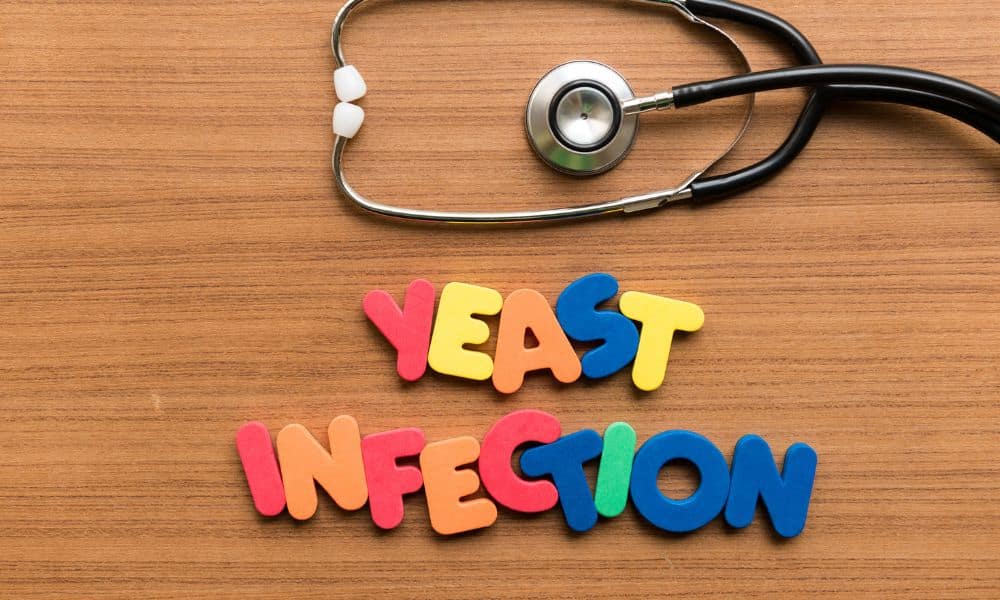A healthy and balanced diet supports male sexual health and virility. Certain foods contain nutrients and compounds that can positively impact male sexual health, erectile function, sperm production, and overall sexual performance.
In this article, we will explore specific foods that support male sexual health, discuss nutritional strategies for improving erectile function, highlight foods that contribute to healthy sperm production and fertility, address male-specific dietary considerations for optimizing sexual performance, and offer lifestyle habits to complement a diet for male sexual health.
Specific Foods That Support Male Sexual Health and Virility:
- Watermelon: Contains citrulline, which converts to arginine in the body, promoting better blood flow and potentially improving erectile function.
- Nuts: Rich in healthy fats, zinc, and arginine, nuts can enhance blood circulation and support male sexual health.
- Pomegranates: High in antioxidants, pomegranates can improve blood flow and support erectile function.
- Dark Chocolate: Contains flavonoids, which can enhance blood flow and positively affect sexual function.
- Leafy Green Vegetables: Spinach, kale, and other leafy greens are rich in nitrates, which help dilate blood vessels and improve circulation.
Nutritional Strategies for Improving Erectile Function
- Omega-3 Fatty Acids: In fatty fish, flaxseeds, and chia seeds, omega-3s can improve blood flow and support erectile function.
- Mediterranean Diet: This diet, rich in fruits, vegetables, whole grains, and healthy fats, has been associated with improved erectile function.
- Limit Processed Foods and Saturated Fats: Reducing the intake of processed foods and saturated fats can support cardiovascular health, essential for erectile function.
Foods That Contribute to Healthy Sperm Production and Fertility
- Zinc-Rich Foods: Oysters, pumpkin seeds, and beef are excellent sources of zinc, which is crucial for healthy sperm production.
- Foods High in Antioxidants: Berries, tomatoes, and bell peppers contain antioxidants that protect sperm from oxidative damage.
- Folate-Rich Foods: Leafy greens, lentils, and avocados provide folate, which is essential for sperm quality and fertility.
Male-Specific Dietary Considerations for Optimizing Sexual Performance
- Hydration: Staying well-hydrated is vital for overall health, including sexual function. Drink plenty of water throughout the day.
- Moderate Alcohol Consumption: Excessive alcohol intake can negatively impact sexual performance. Moderation is key.
- Maintain a Healthy Weight: Being overweight can affect hormone levels and lead to erectile dysfunction. Maintaining a healthy weight is essential for sexual health.
Lifestyle Habits to Complement a Diet for Male Sexual Health
- Regular Exercise: Engage in regular physical activity to support cardiovascular health and overall well-being.
- Stress Management: Chronic stress can negatively impact sexual function. Practice stress-reducing techniques like meditation, yoga, or spending time in nature.
- Adequate Sleep: Prioritize quality sleep, crucial for hormone regulation and overall health.
Conclusion
A nutrient-rich diet and healthy lifestyle are vital in supporting male sexual health and virility. By incorporating specific foods that promote blood flow, support healthy sperm production, and provide essential nutrients, men can optimize their sexual performance and overall well-being. Embracing a Mediterranean-style diet, limiting processed foods and saturated fats, and focusing on hydration and stress management can complement consuming foods that support male sexual health.
Regular exercise and adequate sleep are crucial lifestyle habits that can positively impact sexual function. It’s essential to remember that individual responses to diet and lifestyle changes may vary, and consulting with a healthcare professional or registered dietitian can provide personalized guidance for optimizing male sexual health. By adopting these dietary and lifestyle strategies, men can take proactive steps toward enhancing their sexual performance and overall vitality.
If you or someone you know is looking to improve your health, share this article on Facebook or Twitter so that others can learn more about self-care.




